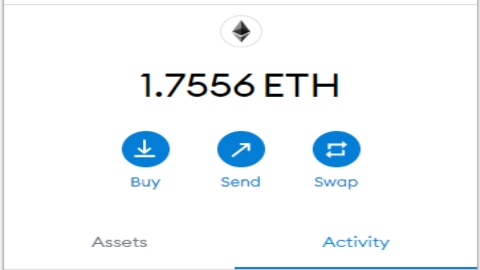What happened?
It seems that the timid sanctions of the West were not an impediment for the Russian president, Vladimir Putin. Perhaps they were even an incentive for him to go ahead and launch a full-scale attack on Ukraine, in what now appears to be the most dramatic security crisis in Europe since World War II. Russian forces have even begun targeting the densely populated capital city of Kiev.
While Ukraine is a large country with a military previously ranked among the 30 most powerful in the world, there should be no doubt that Russia could rapidly control its airspace and destroy all key military installations in a matter of days. The most important question is: Where will the Russian ground forces and their allies stop their advance? A quick bombardment of key strategic targets would be the best case scenario from the Russian perspective, as Moscow can hardly afford a long-term occupation and massive casualties among its armies.
However, we must be fully aware, given Putin’s angry TV speech, that there is, in fact, a potential worst-case scenario where Russian forces come into direct contact with NATO troops. Such an escalation would undoubtedly have significant ramifications for markets, not to mention potentially huge humanitarian costs.
What was the market reaction?
Early Thursday, S&P futures fell sharply (-2.5%) and Euro Stoxx futures tumbled more than 4%, while oil and gold were among the key safe havens bought by investors. . Gas price futures are also soaring. This will likely hit the lower middle classes in most European countries the hardest, leading to weaker growth, while potential blackouts could lead to a slowdown in output, also negatively impacting growth. Of course, this would also lead to higher inflation rates, as gas and gasoline prices continue to rise and chemicals become more expensive.
The ECB will be in a difficult situation. Inflation numbers are already at record levels, prompting markets to speculate on interest rate hikes this year. However, an increase in commodity prices is, in effect, a “tax” on production and consumption that would negatively impact growth. Therefore, while inflation rates could continue to rise, the ECB could take a more bearish stance for now. Overall, rising commodity prices will result in weaker global growth, with Europe likely to be the hardest hit region.
Overall, after a few years of strong performance for stocks and other risky assets, this crisis may prompt market participants to reduce their exposures in the coming weeks. Therefore, at Allianz GI they continue to favor a cautious stance.
